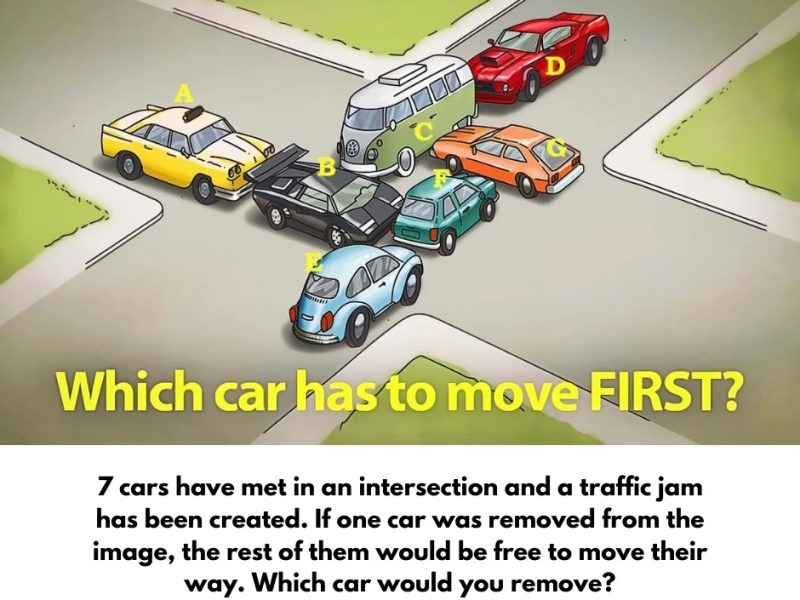The recent Country Music Awards (CMAs) sparked outrage among Beyoncé’s fans and family after she received zero nominations for her groundbreaking album, Cowboy Carter. The snub not only upset Beyoncé’s loved ones but also ignited a firestorm of criticism on social media platforms. Fans and fellow artists alike voiced their frustrations, highlighting Beyoncé’s undeniable influence on country music and the album’s innovative blend of genres.
Music legends like Dionne Warwick weighed in on the controversy, calling the lack of nominations “absolutely ridiculous.” Emerging Black country artist Shaboozey praised Beyoncé for “opening doors” for artists like herself and creating “one of the most innovative country albums of all time.” Beyoncé’s work has resonated deeply with many, symbolizing a cultural milestone for Black representation in country music.
Beyoncé’s collaborations with country legends like Dolly Parton and Willie Nelson on Cowboy Carter were a deliberate attempt to bridge generational and cultural gaps in the country music landscape. Despite facing challenges and backlash, Beyoncé has remained committed to her artistic vision, pushing boundaries and redefining genres along the way.
The CMA snub may have been a missed opportunity for the organization, but it has sparked necessary conversations about racial bias, inclusivity, and the future of country music. Beyoncé’s impact on the genre is undeniable, and Cowboy Carter’s legacy will continue to inspire future artists, even if the industry isn’t ready to fully acknowledge it.
Beyoncé’s resilience, artistry, and boundary-breaking approach to music have already changed the country music landscape. Though the CMAs may have missed a golden opportunity, the cultural shift that Cowboy Carter represents is a win for music, diversity, and the ongoing push for inclusivity in the industry. As Beyoncé herself said, “The joy of creating music is that there are no rules.” Her words echo her unwavering commitment to artistic expression and her determination to break down barriers in the music industry.


